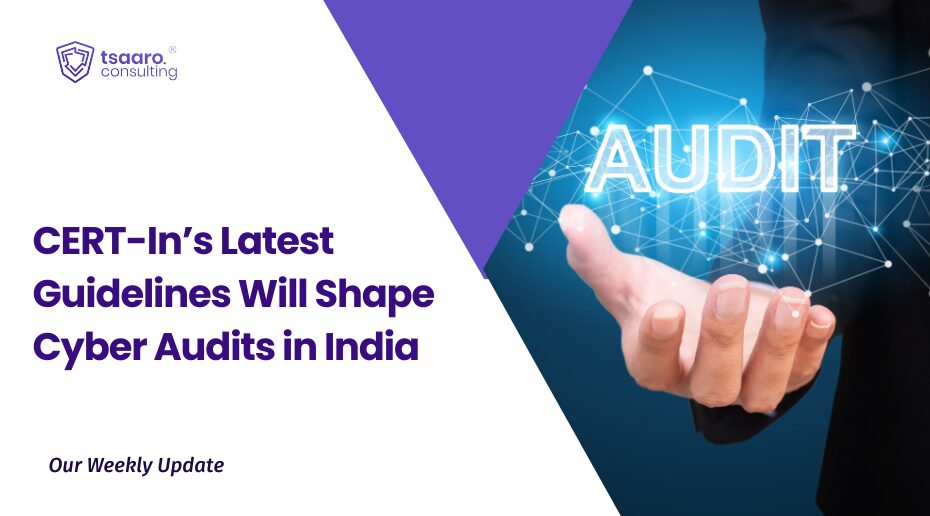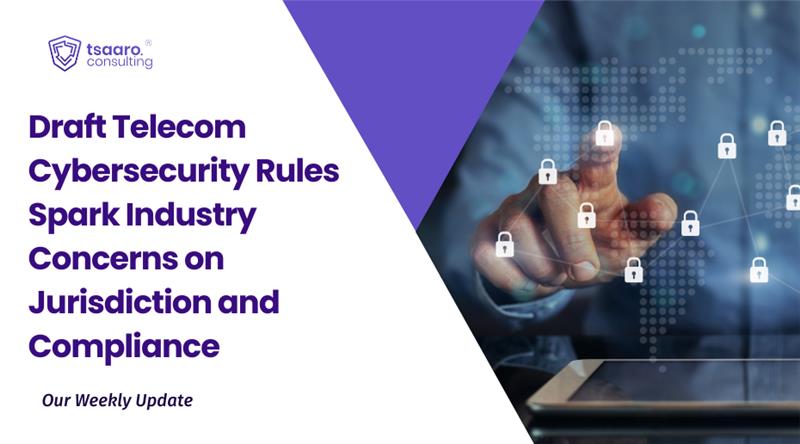Data privacy has recently sparked debate among organizations in all sectors, prominently in the healthcare sector. To give patients the protection they want and deserve, legislation and regulations safeguarding healthcare data are dynamically evolving. With the development of technology, there has been a rise in the monitoring, storing, and retrieval of such data using contemporary technologies like online, wireless, and next-generation databases. The confidentiality of healthcare data has become a persistent concern for the healthcare industry as a result of these variables working together.
Both conscientious health research and confidentiality protections help society greatly. The advancement of human health and medical care depends on health research. Ethics in research demands that participants’ rights be upheld and that they be shielded from harm.
This article speaks about the issues when set against the Indian regime. The healthcare industry in India is continually evolving. According to a McKinsey report, it is anticipated to increase to USD 55 billion by 2020, making it one of the most developed markets globally. India is supporting health-tech start-ups throughout this sector to grow digital health-related services. Currently, India has roughly 2,975 start-ups offering digital healthcare solutions. Additionally, they are multiplying year after year.
Expanding the healthcare industry is impressive for India since it will likely bring new medical innovations, increase employment possibilities, and raise our standard of care. However, they also pose hazards because it might be more difficult in the world of healthcare IT to stop the publication of each person’s sensitive and personally identifiable information.
Healthcare institutions process highly detailed patient data regularly using technology. The likelihood of hacking and data theft increases with the amount of data processed online. This is the reason why this sector needs to be treated with more care. Let’s dig deeper considering every factor.
1.The withdrawal of the Personal Data Protection Bill 2019.
The Information Technology Act of 2000 and the Information Technology (Reasonable Security Practices and Procedures and Sensitive Personal Data or Information) Rules of 2011 combined create India’s current legislative framework for protected health information (PHI). Both of these provide some PHI protections. But because IT technology is developing so rapidly, there may be unpatched vulnerabilities and security loopholes that put protected health data into jeopardy. The government has recently withdrawn the Personal Data Protection Bill 2019 from Parliament in wake of this, and it is currently working on a comprehensive framework to control the digital environment and provide improved data security protections. Protecting personally identifiable information (PII) and protected health information (PHI) is essential to fostering scientific growth and health sectors.
2. Digitalization of Health Sectors.
Healthcare digitization will increase consumer access and create a new dynamic among industry stakeholders. The opportunity exists for the emerging incentive frameworks in the healthcare sector to be genuinely realigned concerning individual ownership of their health data. These measures will be ineffective, though, if the proper checks and balances aren’t in place to stop data misuse or theft. We can make sure that this prioritizing endures as India transitions to a digital future by carefully crafting systems and complex regulations.
3. Upholding Article 21, A Fundamental Right.
Upholding Personal Freedom, Individuality, Respect, and Dignity.
Protecting personal privacy is required by the bioethics principle of non-maleficence. A person’s dignity may be compromised by privacy and confidentiality violations, which can also be harmful. For instance, stigma, embarrassment, and prejudice may come from disclosing individually identifiable health information to an employer, insurance, or family member. Therefore, without some promise of privacy, patients may be hesitant to disclose critical information to their doctors in a full and upfront fashion.
4. Eliminates Discrimination.
India is a country with vast diversity, fighting discrimination through awareness and regulations. By keeping sensitive information private, you can prevent employers, schools, housing managers, community centers, and other groups from making assumptions about your health. People’s perceptions of illnesses can be incorrect as a result of ignorance. Additionally, their anxieties and unfavorable stereotypes may negatively affect you.
5. Doctor Patient Trust.
Would you trust a doctor again if they broke your confidence? Would you recommend that doctor to others in the neighborhood or post a positive review of them online? Not you. On the other hand, you probably would suggest a physician who respects patient privacy. Relationships that are based on trust grow into a reputation.
Conclusion.
The clinician should uphold patient confidentiality and privacy as their top priority. The doctor-patient relationship is built on trust and includes a lot of information or data that needs to be kept private to avoid misuse. Every industry is transitioning quickly from paper to electronic records, and this shift from paper to the internet necessitates data protection and constant monitoring. Only the Indian Medical Council (Professional Conduct, Etiquette and Ethics) Regulations, 2002 are currently in effect in India; several other Acts have not yet been created or brought into action.
There are no particular rules in India that guarantee the privacy and confidentiality of patient data aside from the “code of ethics,” although the Health Ministry proposed the Digital Information Security in Healthcare Act (DISHA) in 2018; but was never enacted. Given the prevalence of electronic health records that go beyond paper, it is anticipated that it will provide a comprehensive legal framework to protect patient privacy.
However, there are a lot of gaps in the policies that have been formed or are being developed because, on the one hand, they guarantee the right to privacy while, on the other, they state that anybody may request access to documents under the Right to Information Act of 2005. To create an effective framework, the State must actively participate in the creation of legislation governing patient privacy and confidentiality as well as facilitate interaction between various organizations operating in both the public and private sectors. This can guarantee the establishment of a solid and potent fundamental framework in the nation on which the Privacy Rights and Integrity of Health care system can be effectively built. Take the first step towards a secure your organization’s data by scheduling a call with our privacy expert team at Tsaaro Solutions today.












